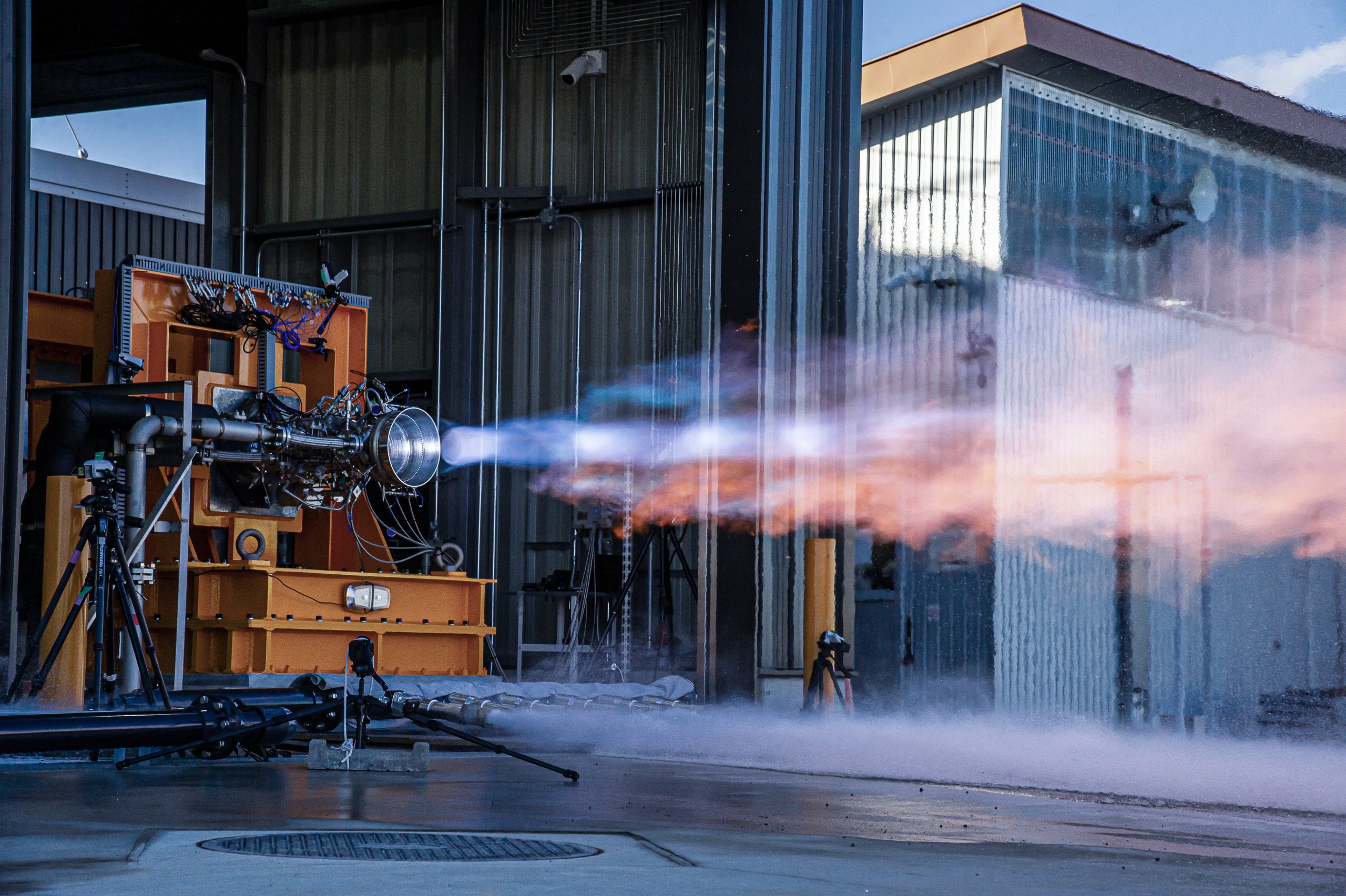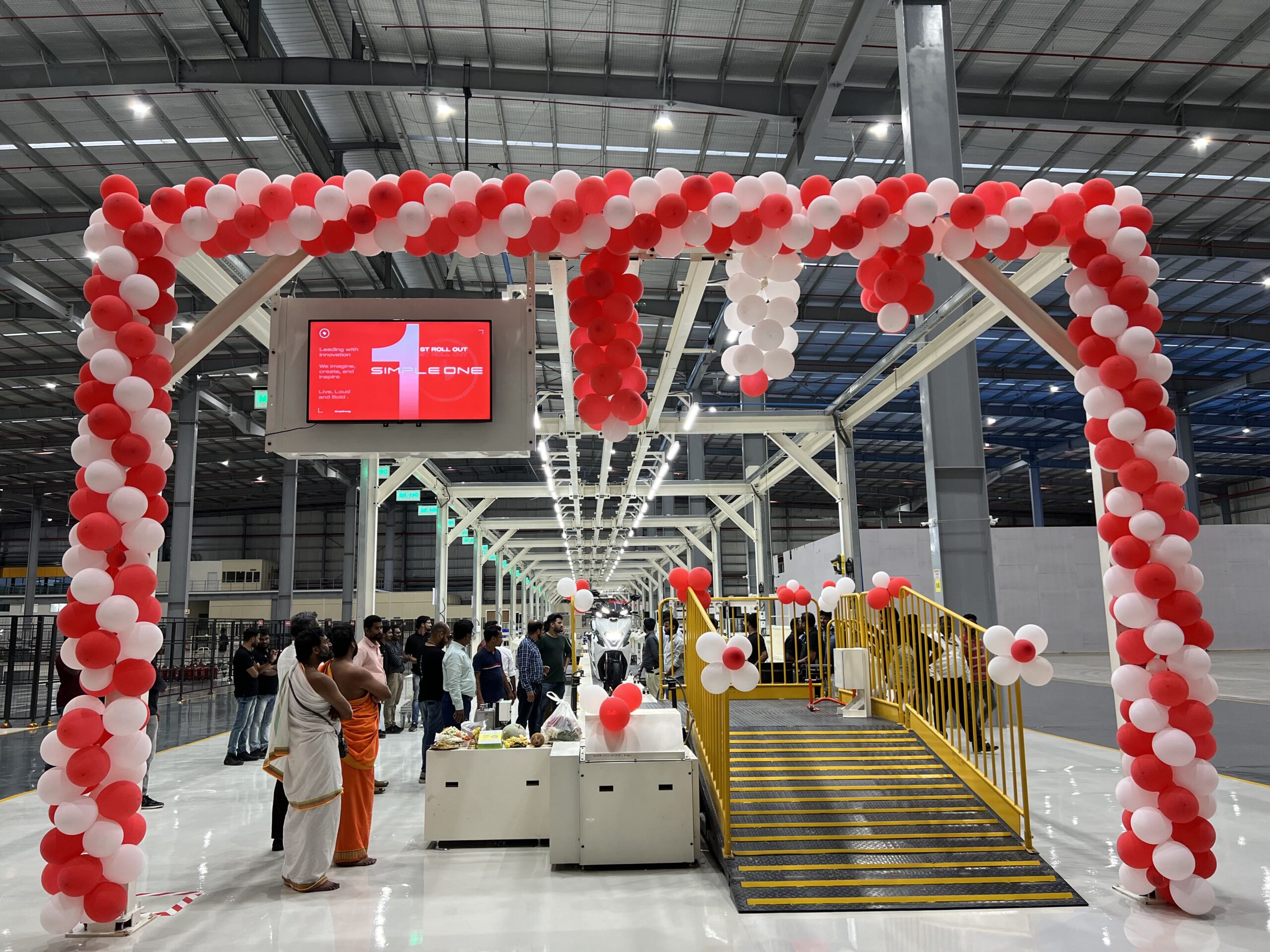A Sustainable Leap for Space Exploration as Interstellar Technologies Tests Rocket Engine on Eco-Friendly Biomethane
Bengaluru, NFAPost: As the world anticipates a surge in space launches, a Japanese space startup Interstellar Technologies Inc. has advanced its orbital rocket development by conducting a successful static fire test of its Cosmos engine, fueled by methane derived from cow dung. The combustion chamber ignited for a remarkable 10 seconds at the Hokkaido Spaceport, not only signifies engineering progress but also highlights the viability of liquid biomethane as a sustainable rocket fuel.
Interstellar Technologies aims to power its Zero rocket, set to make its maiden flight in 2025, using locally produced liquid biomethane sourced from livestock manure, primarily cow dung, coupled with liquid oxygen as the oxidizer. The Zero rocket, towering at 105 feet with a diameter of 7.5 feet, surpasses the dimensions of Rocket Lab’s Electron vehicle, showcasing its potential to lift around 1,760 pounds to low Earth orbit.
This innovative venture utilizes a combustion chamber featuring a pintle injector, a technology seen in SpaceX’s Merlin engines, further developed through collaboration with Tokyo University and JAXA Space Innovation through Partnership and Co-creation (J-SPARC). Interstellar Technologies proudly claims the title of being Asia’s first commercial company to reach space with a liquid propellant rocket, having previously achieved this milestone with its MOMO-F3 suborbital launcher.
Meanwhile, China’s commercial space firms, Landspace and Space Pioneer, achieved orbital success with their respective methane and kerosene-fueled rockets this year. Despite these advancements, the global push for cleaner rocket fuels is gaining momentum, with liquid biomethane emerging as a sustainable option.
Exploring India’s Potential: A Call for Leadership in Clean Rocket Fuel
As space launches become more frequent, the demand for cleaner fuels and reusable rockets intensifies. While Japan explores cow-dung methane, India stands at the cusp of a transformative opportunity. A recent static fire test by Interstellar Technologies raises crucial questions for India’s space and biofuel industries:
- Merging Biogas Production and Rocket Fuels: Can the Indian government align its biogas production acceleration schemes with the pursuit of greener rocket fuels, fostering a symbiotic relationship between agriculture and space exploration?
- Leveraging Cattle Population for Global Leadership: With India’s significant cattle population, can the nation position itself as a world leader in methalox fuel production, supplying clean rocket fuel to the global market?
- Driving Global Push for Sustainability: Can India take the lead in promoting clean and environmentally sustainable rocket fuels on a global scale, aligning with its initiatives such as the Global Biofuels Alliance launched during its 2023 G20 Presidency?
At COP28, India refrained from joining the Dairy Methane Action Alliance, a move criticized by Western institutions. However, India’s vast biogas production potential, estimated at 1108 trillion watt-hours by the World Biogas Association, presents an unparalleled opportunity. Initiatives like SATAT, aimed at incentivizing biogas production for surface transportation, could extend to supplying methalox or cryogenic bio-hydrogen rocket fuel, positioning India as a key player in the evolving space industry.
As Interstellar Technologies showcases the potential of biomethane, India has the chance to transform its biogas strength into a global advantage. It’s time to unleash the immense environmental, energy, and economic potential of bio-methane, turning it from a potential weakness into a strategic strength for India’s space ambitions.





